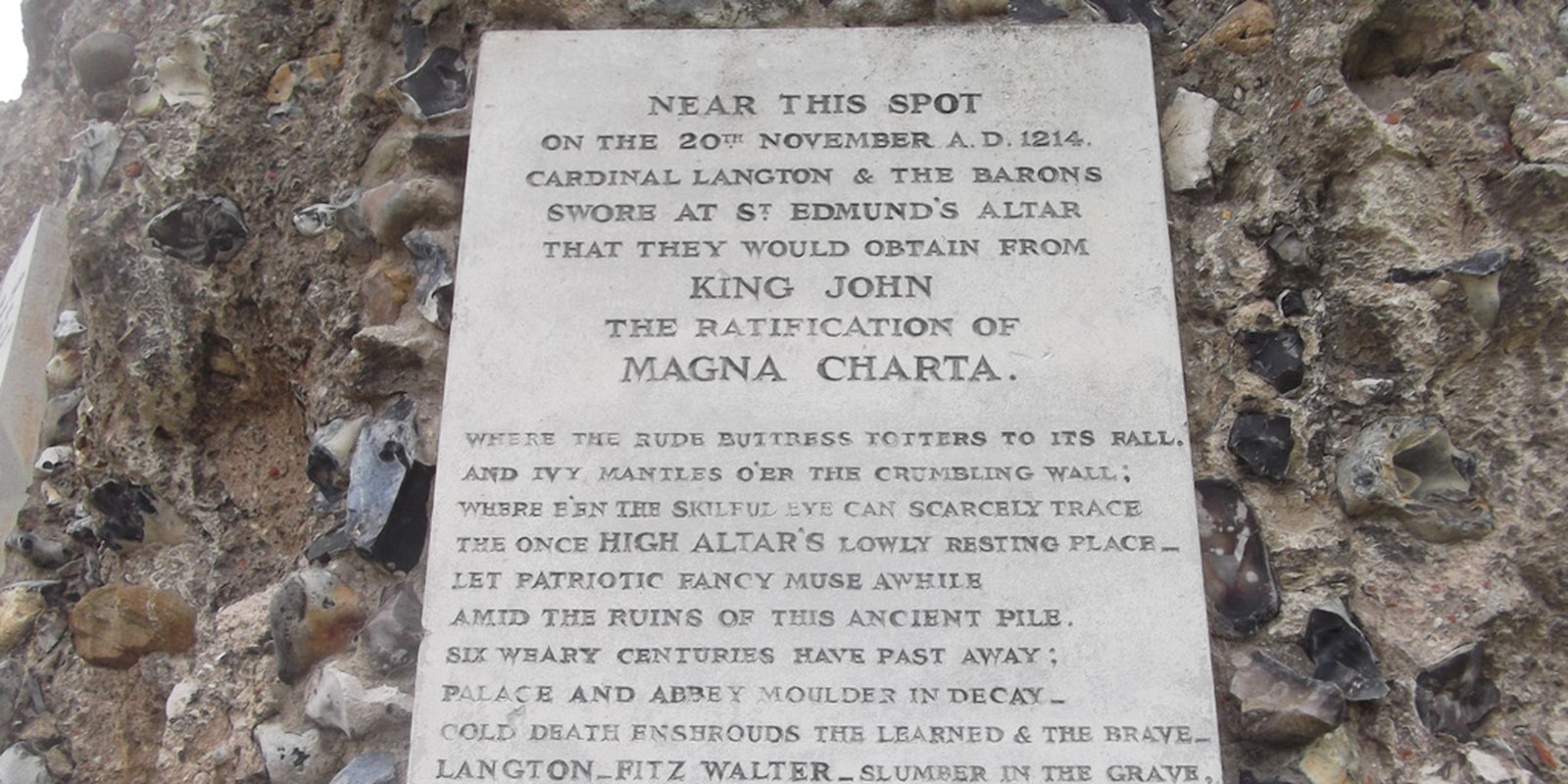The Magna Carta, which restrained the power of the British monarchy in 1215, is generally considered one of the most important human-rights charters of all time. The American founders frequently cited it while drafting the Declaration of Independence and the Constitution. As the world marks the 800th anniversary of the Magna Carta, the British Library is using the charter’s founding ideals to highlight the issue of Internet rights.
Thousands of young people submitted ideas for their ideal Internet to the Library’s “My Digital Rights” project. Their suggestions covered everything from education and privacy to cyberbullying and advertising. Now the Library is letting anyone vote on the proposed “clauses” to “help curate our Magna Carta for the digital age.”
The prompt said, “The Web we want will…” Suggestions include:
- “protect young users from harassment (cyberbullying, censorship)”
- “not store information for advertising purposes (or for no reason)”
- “protect young people from being radicalised”
- “not be used as propaganda”
- “support equality, with no discrimination towards race, religion or sexual orientation”
Privacy was one of the most common themes to appear in suggested clauses. “Nearly half of the clauses talked about students wanting to feel safe and protected online,” Sarah Shaw, project manager for My Digital Rights, told the BBC.
The Library will reveal the 10 most popular clauses on June 15.
Photo via Matt Brown/Flickr (CC BY 2.0)


